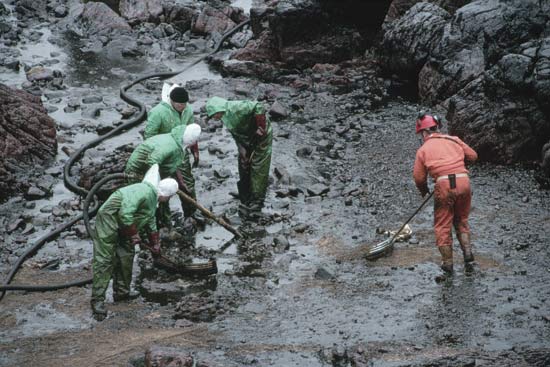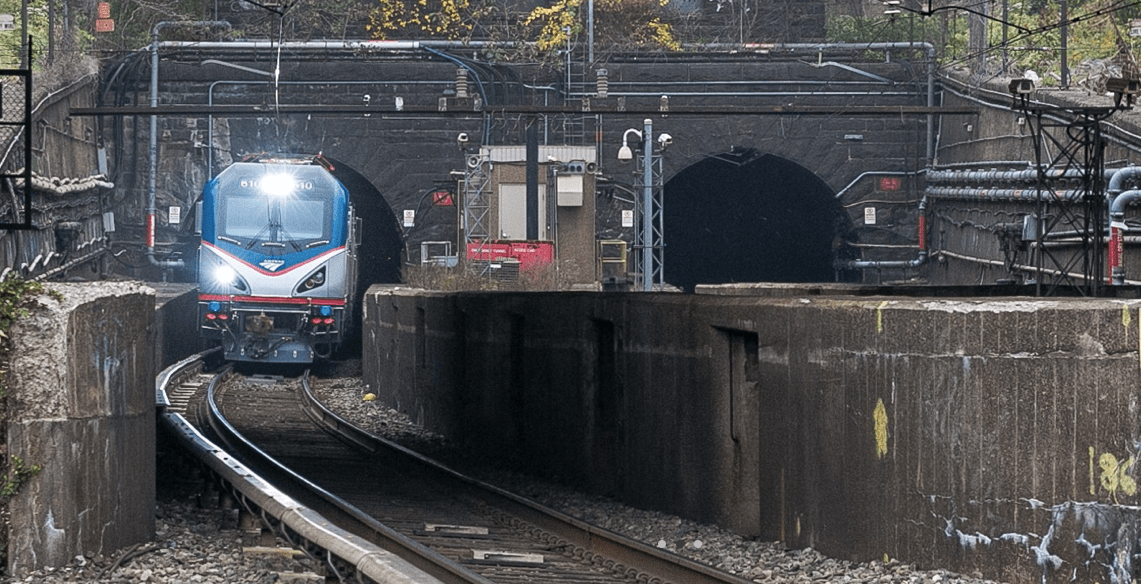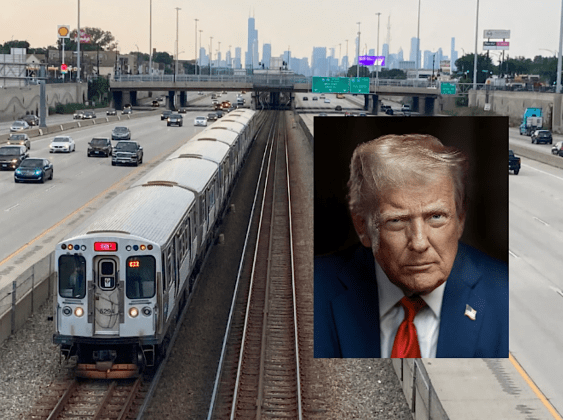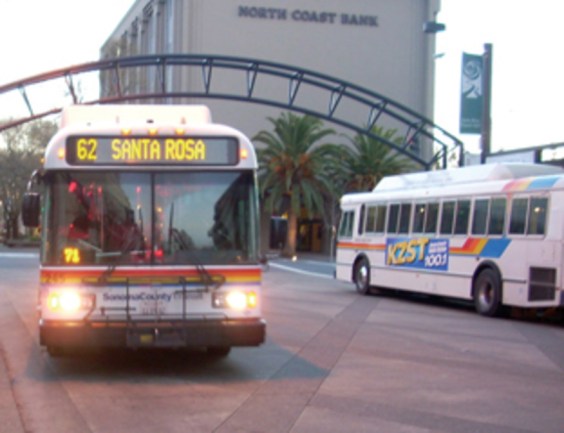From an environmental perspective, the House GOP proposal to fund infrastructure with fees on fossil fuel extraction is clearly a disaster. But does it even pass the smell test from a dollars-and-cents perspective?

On Friday, House Subcommittee on Energy and Mineral Resources discussed legislation to open up the Central Gulf of Mexico, the Outer Continental Shelf off the coast of Virginia, and other sites currently off-limits for new oil drilling. Interspersed among the GOP cheerleading for drilling and deregulation were a few sober warnings about relying on the fossil fuel industry to fund transportation.
The subcommittee considered four bills, including one, introduced by Rep. Steve Stivers (R-OH), which would use the revenues from energy exploration to fund transportation infrastructure. On Thursday, House Speaker John Boehner claimed that the "American-Made Energy and Infrastructure Jobs Act" [PDF] would create jobs by increasing oil drilling while deregulating energy production.
Subcommittee Chair Doug Lamborn heaped effusive praise on Stivers' bill (and the three others), saying their passage would be “one of the largest single actions Congress could take to provide for domestic energy” and could create “hundreds of thousands of American jobs.”
The problem with the GOP rhetoric, according to the only Democrat to attend the hearing, Rep. Edward Markey (D-MA), is that it's based on magical thinking. There is no precedent tethering Lamborn's estimates to past experience.
And no matter how rosy the GOP projections, the Stivers proposal won't address the looming transportation funding deficit, Markey said. The highest estimates for revenue at the federal level would cover barely one-fifteenth of what is needed to fund a six-year transportation bill, leaving a $70 billion shortfall. Even arch-conservative Republican James Inhofe of the Senate EPW Committee says oil-drilling is a "long-term" strategy at best.
Additionally, the Stivers bill include no mandate for funneling revenues into infrastructure. Infrastructure is mentioned in the bill title and summary and nowhere else. The bill provides for revenues to trickle back to the states off whose coasts the drilling is done, and that's all.
But concerns about the prospects for funding next year's infrastructure bill with energy revenues appeared to fall on deaf ears.
Less than 30 minutes into the three hour hearing, the question of transportation funding seemed lost among the prospect of opening up more lands for drilling and mining. It became clear that the focus of Stivers' bill is not infrastructure funding -- that's simply a way to justify expanded fossil fuel exploitation.
Most of the panelists spoke clearly along party lines, with one notable exception.
Ryan Alexander of the non-partisan Taxpayers for Common Sense does not oppose oil drilling, but she spoke against the Stivers plan. “Paying for a couple of years of transportation funding with expected revenues from an increase in oil and gas drilling that will likely take many years to get rolling is not a responsible budget approach,” she said. Alexander urged the committee to ensure that any revenues from drilling on federal lands go back to taxpayers, rather than to the states or back to producers through subsidies and tax breaks.
When Alexander argues for a "fix-it-first" approach, she's not talking about infrastructure maintenance -- she's talking about making revenue-sharing agreements from energy exploitation more fair. She said that the revenue-sharing provision in the Stivers bill is bad policy, and "in today’s fiscal climate it is downright foolish." You can read her full testimony here [PDF].
However, except for Rep. Markey, not one of the committee members offered suggestions to change existing revenue sharing agreements.
Speaking to Streetsblog outside of the hearing, Markey summed up his frustration: “If these four bills are intended to fund our transportation system over the six years, I hope Americans are not intending on going anywhere.”





